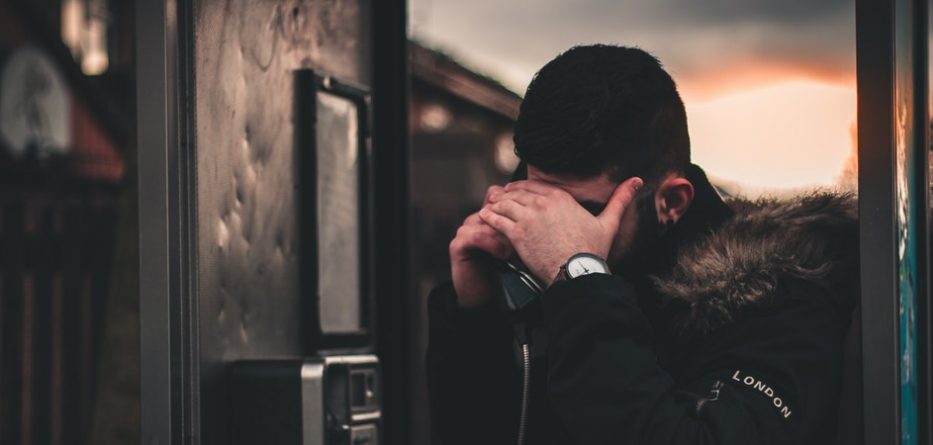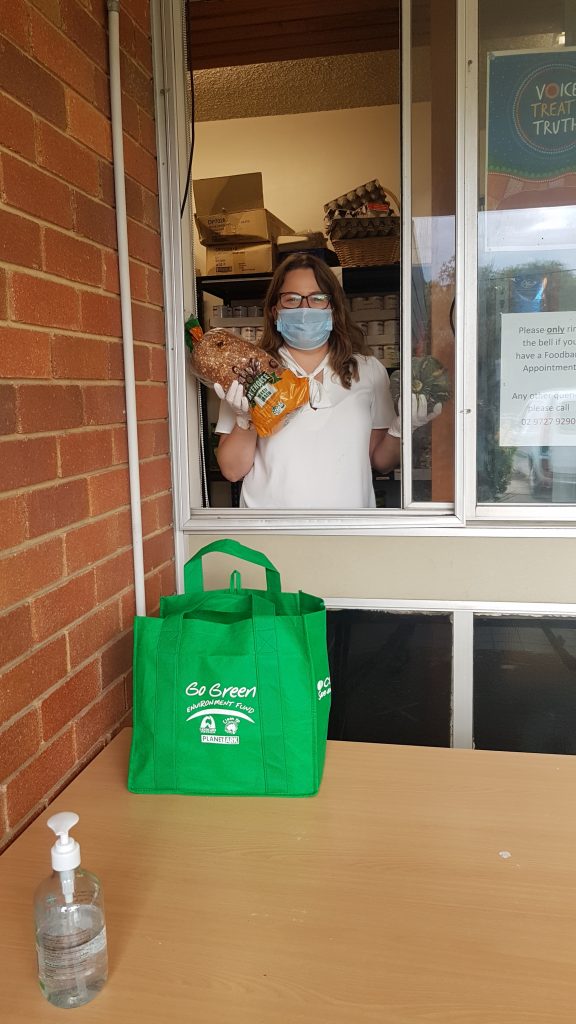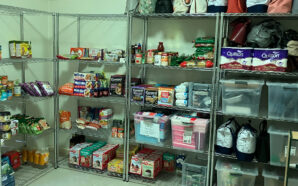A refugee and asylum seeker charity has reported a six-fold surge in calls for help as the coronavirus pandemic bites deep into the lives of those most vulnerable.
Many refugees and asylum seekers on bridging visas, hoping to establish new lives in Australia, typically work as casuals in the industries hardest hit by the sharp economic downturn, including retail, hospitality, packaging and factories.
They now have unemployment and possible homelessness to add to their long list of worries.
The House Of Welcome at Granville is calling for extra help from the public as it finds its resources stretched to the limit.
The charity has received as many calls for help in the past two weeks as it did in the entire first quarter last year.
“There has been a massive escalation in self-referrals,” said Miriam Pellicano, executive manager of the front line facility run by the Catholic group St Francis Social Services.
“We are receiving 40-60 calls a day, about half of them from people who have lost their jobs – 53 in the past fortnight.”
The House Of Welcome, the largest provider of transitional accommodation of its kind in NSW, has helped thousands of asylum seekers and refugees in the past 20 years.
It leases 20 properties which provide shelter for some 90 people a week.
The average stay is around two years before residents get on their feet and hopefully find their way in the wider community, but aid workers say the pandemic is likely to extend that time.
The charity, which in normal times operates a drop-in service for 1,000 people a year and engages in direct case work with a further 560, also anticipates added pressure on its food bank, which makes some 8,250 distributions a year.
Homelessness and domestic violence are other problems it fears could worsen because of the pandemic.
“Some people are sleeping rough in parks,” said Ms Pellicano, “but there are second and third tiers of homelessness which are not as visible but definitely there.
“People are living in overcrowded apartments and unsafe housing where there is no capacity for social distancing.
“Some are living in cars. Then there is exploitative accommodation such as people living in garages and lounge rooms. I know of one person sleeping on a restaurant floor at night, and paying for the privilege.
“The current crisis also raises concerns for the safety of women and children through domestic violence.”
The plight of people on bridging visas, she explained, was heightened by the fact that they could not access Medicare benefits, or the Pharmaceutical Benefits Scheme, or government financial safety nets including the COVID-19-inspired supplement through Centrelink.
“They are being hit disproportionately compared with the rest of the population,” she said. “They don’t have a competitive edge and will find it very difficult now to move into any paid employment.
“They are already behind the eight ball.”
She said charities were feeling the pinch of federal government aid cutbacks over the past two years.
“More responsibility is falling on the charities. There’s no one else left for them. The sector is feeling tired.”
The tens of thousands of refugees and asylum seekers in Australia come predominantly from the Middle East and the sub-continent, including Iran, Afghanistan, Sri Lanka and Pakistan, as well as African countries such as Ethiopia, the Congo and Eritrea.
You can help the House Of Welcome by giving food vouchers or food directly at 197 The Trongate, Granville, or by donating online at stfrancis.org.au/house-of-welcome.
CASE STUDY
Single Father And Kids Face Eviction
Abbas, a single father from west Africa, arrived in Australia in 2016. He lives with his two children in an apartment in Liverpool.
Until recently he was working fulltime in a factory, earning enough to pay the rent and meet his family’s basic needs.
The COVID-19 crisis meant his hours were reduced and he was no longer able to pay the rent.
He fell into arrears and was given an eviction notice. He then lost his job completely, meaning he was not only unable to pay his rent but could no longer afford adequate food for himself or his children.
The stress of the situation led to a worsening of his mental health.
He is unable to access any form of Centrelink assistance, or the special wage subsidy package announced by the Australian government.
He and his family are also ineligible for any form of government housing if they become homeless.
To prevent imminent eviction, the House of Welcome issued an emergency payment for the family’s rent. Its Granville food bank is also providing basic pantry, fresh food and hygiene items.
But their longer-term future remains uncertain.









